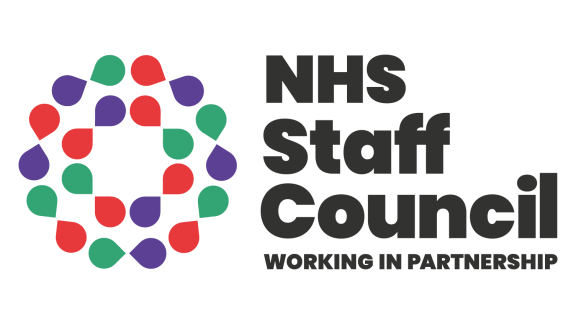Autumn Budget 2024

Chancellor Rachel Reeves has today (30 October) delivered the new Labour government's first Budget. Here we summarise the key areas that impact the NHS and its workforce.
Tax
- From April 2025 employer National Insurance contributions will rise by 1.2 per cent increasing the contribution rate from 13.8 per cent to 15 per cent.
- The threshold at which employers start paying National Insurance on a workers’ earnings will also be lowered from £9,100 to £5,000.
National Living Wage
- From April 2025, the minimum wage for over 21s, known officially as the National Living Wage, will rise by 6.7per cent, from £11.44 to £12.21 per hour.
- The National Minimum Wage will also rise by 16.3 per cent for people aged between 18 and 20-years old from £8.60 to £10.
- Apprentice pay will rise from £6.40 to £7.55 per hour.
Implications for the NHS
The current rate of pay for entry level Band 2 is £12.08 per hour and the entry point to Band 3 is £12.31. While there is a commitment from the government to return to a cycle which confirms pay awards in time to be effective from April, it is unlikely to align in April 2025. If no pay award is announced before April 2025, NHS Employers will seek an interim measure from the government to ensure that the entry level pay points are compliant with legislation.
NHS spending
- An additional £22.6 billion of resource spending for the day-to-day health budget for this year and next.
- Additional £3.1 billion increase to the capital investment budget for the NHS for this year and next.
Fuel duty
- Fuel duty remains frozen for the next year.
Other announcements
- Local government will receive £1.3 billion additional grant funding for essential services, including £600 million for social care.
Further information
The NHS Confederation has published a media statement on the Budget announcements, and has published a member briefing with summary and analysis.
You can read the Autumn Budget 2024 report in full on the gov.uk website.


